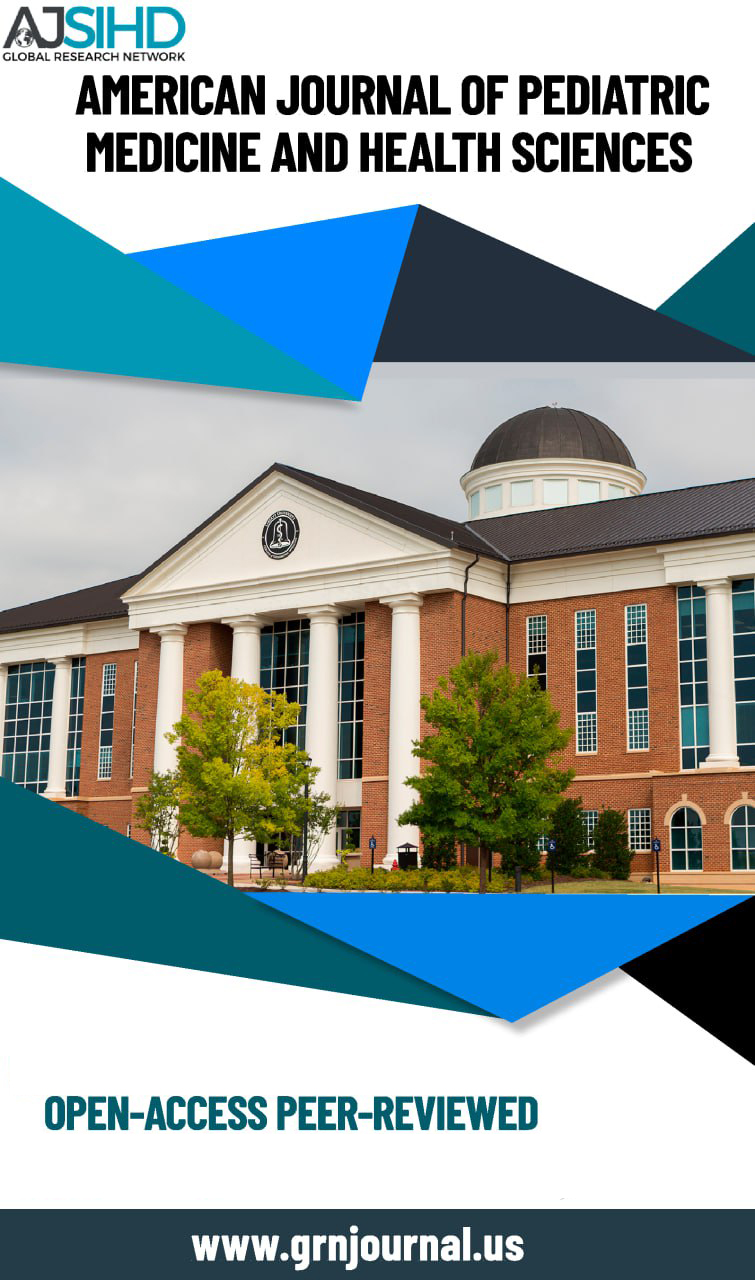Study the Hepatoprotective Effect of Curcumin against Cyclosporine A-Induced Liver Injury in Pediatric Age Group Patients
Keywords:
Curcumin, Cyclosporine A, Liver injury, Pediatric Patients, ComplicationsAbstract
Background: Cyclosporin A is a frequently prescribed immunosuppressive medication for administration to pediatric patients. While highly efficient to preventing organ rejection, cyclosporin A may also cause adverse consequences, such as liver damage. Therefore, the utilization of curcumin is regarded to promote the enhancement of the quality of life in pediatric patients by virtue of its anti-inflammatory as well as antioxidant characteristics in bolstering liver function. Aim: This study contributed to the analysis of curcumin's effectiveness in protecting of pediatric patients from cyclosporine A-induced liver injury. Patients and methods: A total of 93 paediatric patients with cyclosporine A-induced liver injury, aged between 1 and 13 years, were recruited for the study. Clinical and demographic data were gathered from different hospitals in Iraq between 5 January 2022 and 14 October 2023. In order to achieve the study objective, the efficacy of curcumin in preventing paediatric patients with liver injury was evaluated by measuring serum alanine transaminase (ALT) and aspartate transaminase (AST) levels of patients. Results: The present study demonstrates the hepatoprotective effect of curcumin against cyclosporine A-induced liver injury in paediatrics. Cryptogenic causes were the most prevalent in children, accounting for 36.56% of cases. Jaundice was the most symptomatic presentation in children, occurring in 73.12% of cases.
With regard to the outcomes of curcumin administration, we observed that the mean AST (IU/L) was 52.96 ± 40.26, while the mean ALT (IU/L) was 39.86 ± 26.54. Additionally, the mean bilirubin (mg/dL) was 2.03 ± 1.10. The mean ± standard deviation values were as follows: albumin (g/dL), 3.52 ± 0.20; creatinine (mg/dL), 0.94 ± 0.14; and bilirubin (mg/dL), 2.03 ± 1.10. In evaluating the disease activity scores, we determined that the MELD score was 12.64 ± 2.37 and the Child-Pugh score was 5.16 ± 0.95. In terms of quality of life, the current study found that physical function had a mean score of 2.24 ± 1.33, emotional function 1.45 ± 0.88, daily activity 1.26 ± 0.21, and abdominal symptoms 1.03 ± 0.13. Conclusions: CsA (Cyclosporine A) is the most utilized drug for immunosuppression to avoid graft rejection and auto-immunological disorders. Nevertheless, therapeutic application leads to a number of side effects, including nephrotoxicity, cardiotoxicity, hypertension, and hepatitis. Among the treatments which have shown promising results are curcumin whose efficacy as a strong antioxidant medication has been observed in several pathophysiological ailments in children.



